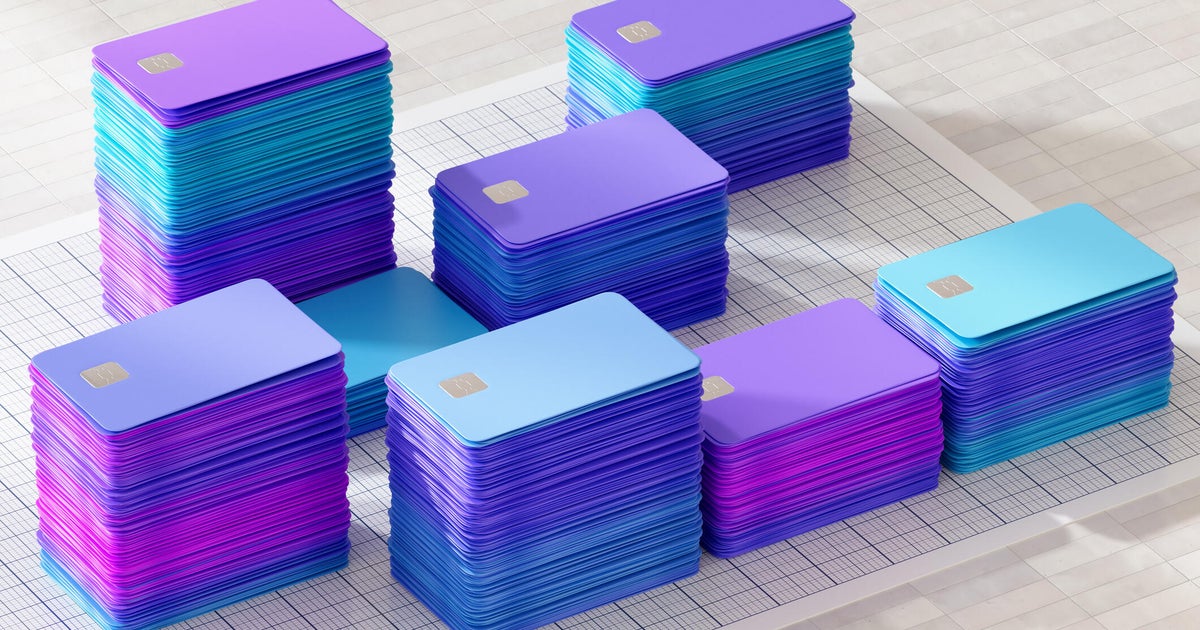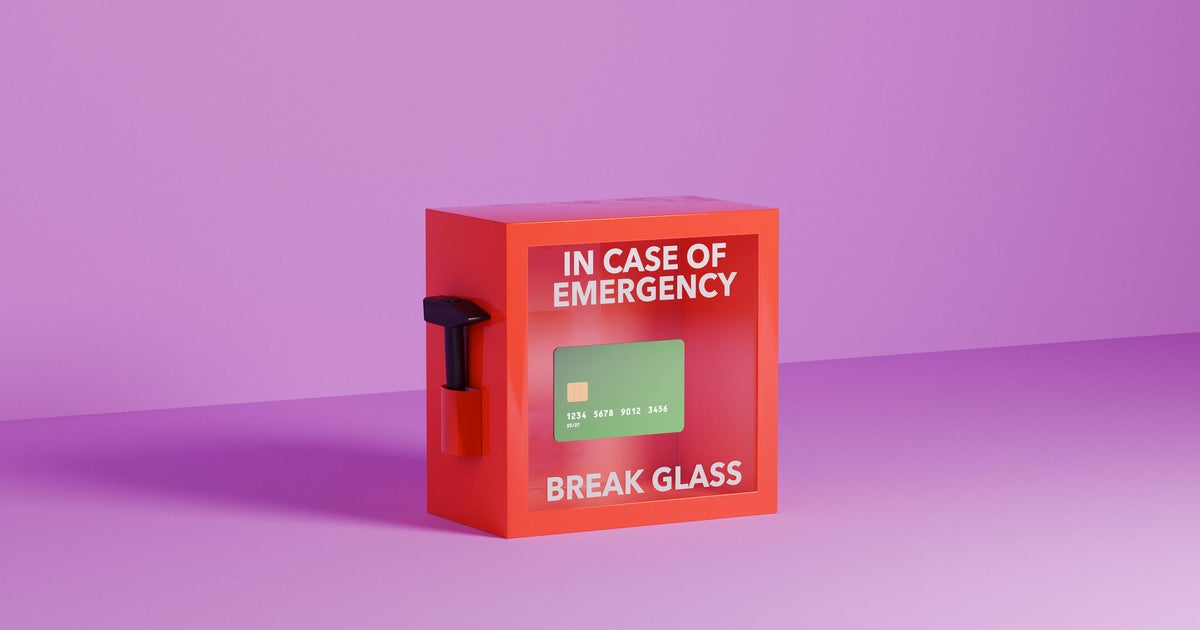Are rewards credit cards worth it?
The content on this page is accurate as of the posting date; however, some of the offers mentioned may have expired.
Having the right rewards credit card in your wallet can be a fast-track to saving money on everything from a dream vacation to daily necessities. But credit card rewards are only valuable if you know how to use them. That means choosing the right rewards card for your wallet, maximizing your redemptions and avoiding interest payments that could wipe out your rewards value.
Below, we'll break down why rewards credit cards might be worth it for you — and a few reasons some consumers may want to wait before opening one.
Are rewards credit cards worth it?
Here are two major reasons why a rewards credit card may be valuable for you:
You can save on frequent spending or specific purchases
Rewards credit cards offer cash back, points or miles on eligible purchases, so they can offer a lot of value over time if you choose the right rewards. To maximize value, consider both the types of rewards offered and the card's rewards structure.
First, decide whether you'd prefer to earn cash back, points or miles rewards. Cash back rewards may be easier to use — you'll earn a percentage back on eligible purchases, which you can redeem for cash value. But points and miles rewards may potentially be worth more if you want to use your rewards towards travel, either with a specific airline or hotel or using your issuer's rewards program.
Also, consider how you'll actually earn the rewards. If you tend to spend a lot on certain things — travel, dining or groceries, for example — you could benefit from a card that earns higher rewards in those categories. Otherwise, a card with a flat rewards rate across all spending categories might be the better option. Credit card rewards are the most valuable if you can benefit over the long run, so pick categories that will help you keep earning year after year.
You can get added perks
The benefits of rewards credit cards don't end with the cash back or points you earn. Many of these cards come with high value added perks that make them worth it long-term, too.
Not only will you get consumer protections like zero fraud liability and identity theft alerts, but many rewards cards also have annual statement credits, discounts or credits with certain retailers, travel and car rental insurance and more.
Plus, many rewards cards have welcome bonuses — which can add a lot of value within the first few months. These bonuses typically offer a few hundred dollars worth of cash back or points value after you meet a certain spending threshold within a designated time period after opening.
Consider the annual fee
Generally speaking, the better the rewards and benefits a credit card offers, the higher its annual fee.
To make sure your rewards card is worth it, compare the value you're getting to the annual fee cost. This is especially true for premium travel rewards cards which can carry fees upwards of $600 annually.
You may surpass the annual fee cost in rewards value alone, especially if your spending is focused on your card's rewards categories. But even if not, the annual statement credits, airport lounge access, partner discounts and other benefits can go a long way to offset the cost — as long you use them.
Qualify with great credit
Many rewards credit cards require at least a "good" credit score (670 or higher, according to FICO) to get approved, but the closer you are to 800 or higher, the better your chances are of qualifying.
If you're still building your credit, you may not qualify for the rewards card you want. Instead of applying and getting denied (which can affect your credit score, at least temporarily), consider opening a credit card that you're more likely to get approved for. Then, once you've used it to increase your credit, you can upgrade to a rewards credit card and start maximizing.
Avoid interest payments
One case in which a rewards credit card is definitely not worth it is when you carry a balance.
Credit card interest rates currently average higher than 20% APR. Even if you score some of the best rewards available today, such as 4X points at restaurants or 6% back at supermarkets, accruing interest on your purchases will cost you far more than you earn.
If you're considering a rewards credit card, make sure you have a plan in place to spend only what you can afford and pay your balances off each month, so you can benefit from the full rewards value.
Should you get a rewards credit card?
If you have good credit and can avoid costly interest payments, the cash back, points or miles you'll earn with a rewards credit card can definitely be worth it.
Just make sure you choose a card with rewards that work best for your spending and will help you get enough value to outweigh any annual fees. Then, you can start maximizing your rewards and benefits for everyday savings, an upcoming purchase, free future travel and more.




